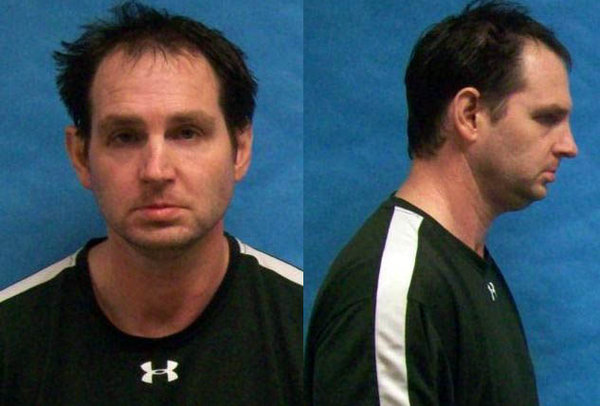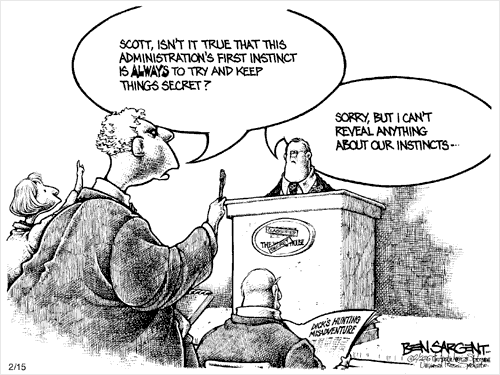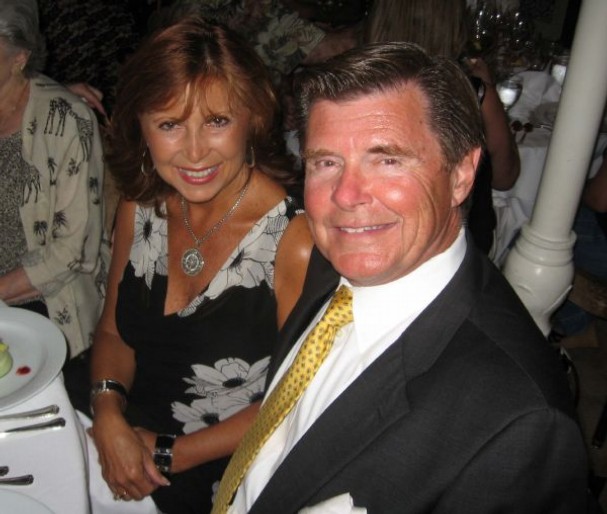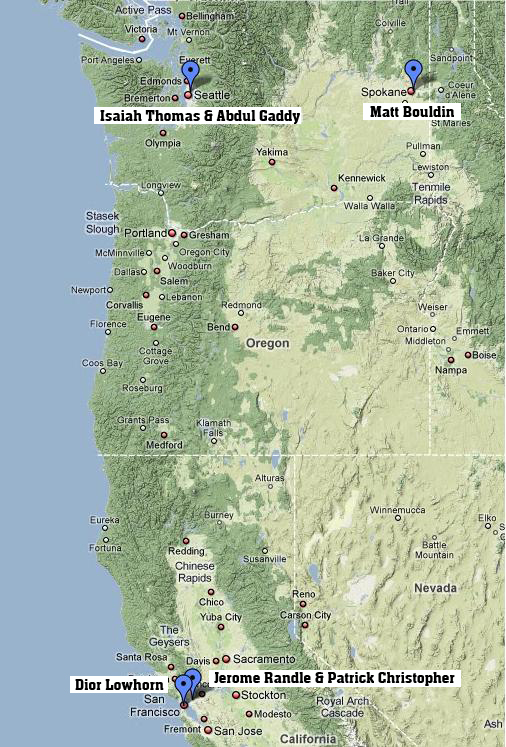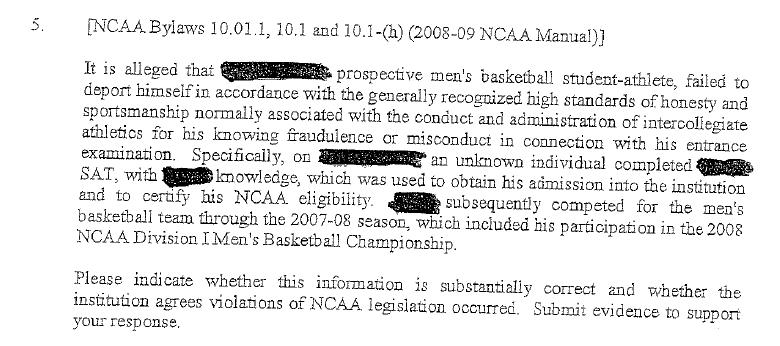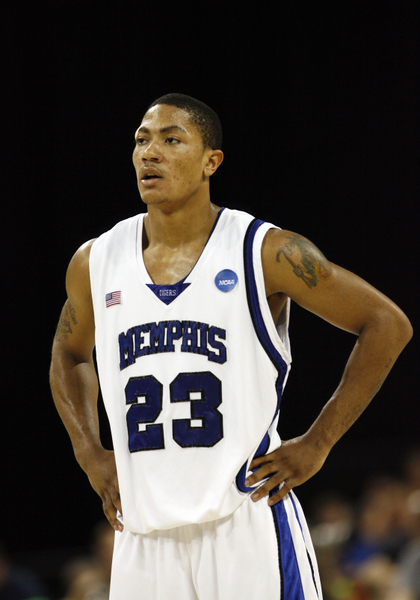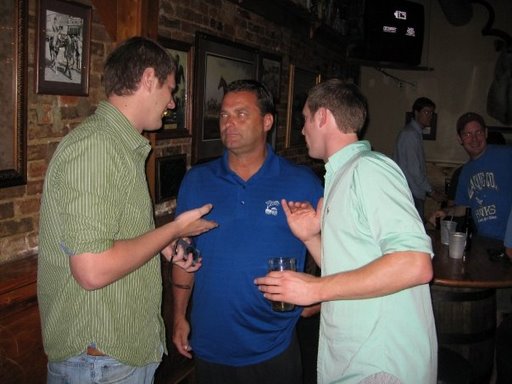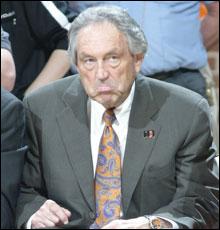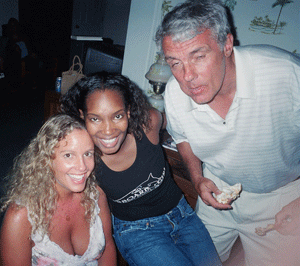Posted by rtmsf on August 12th, 2007
Ron Wellman’s decision to elevate Dino Gaudio to the head coaching position at Wake Forest has been universally lauded by the hoopsnascenti over the last couple of days as a great hire. Nobody will dispute that this decision makes sense in terms of continuity for the program, the players and the university. But if you’ll indulge our playing of devil’s advocate for a moment, we ask the question – is this a good hire from a basketball standpoint?

This is a significantly tougher question to address, largely because Gaudio will be evaluated on games yet unplayed. We can point to his unimpressive records at Army and Loyola as evidence of coaching mediocrity; or, we can just as easily dismiss those situations as tantamount to coaching graveyards, where only the truly special of the business can succeed.
So we thought it could be interesting to see how elevating an assistant from within a program tends to work out, historically speaking. We took a look at all the mid- and high-major programs the last three offseasons (2004-06) that elevated an assistant from within its shop to the head coaching position. FYI – there have been six such examples in 2007 – Butler (Brad Stevens), Frank Martin (Kansas St.), Randy Peele (Winthrop), Jeff Reynolds (Air Force), Bob Nash (Hawaii), and Dino Gaudio (Wake Forest).
In 2004, there were four such instances. Three of those new head coaches have gone on to great success at their programs, and the fourth had a solid first year at his before moving on up the ladder the following offseason.
- Mark Fox – Nevada (following Trent Johnson) : rode Nick Fazekas to an 81-18 record the next three seasons, including two NCAA second round appearances. Contrastingly, his predecessor Johnson has largely struggled over on The Farm.
- Doc Sadler – UTEP (following Billy Gillispie) : Sadler continued the Texas Western renaissance for two seasons there, going 48-18 with one NCAA and one NIT appearance.
- Sean Miller – Xavier (following Thad Matta) : Xavier has continued to flourish under Miller, going 63-32 with two NCAA appearances, including the can you top this game vs. Ohio St. in the second round of 2007 that XU should have won.
- Chris Mooney – Air Force (following Joe Scott) : in his only season at AF, he was 18-12 (a slight drop from 22-7 the year prior) before taking a new job at Richmond.

Can Mark Fox continue his Reno Magic w/o Fazekas?
In 2005, there were only two instances. Here too both could be fairly qualified as successful transitions.
- Dave Rose – BYU (following Steve Cleveland) : in two seasons, Rose has taken the Cougs to one NCAA appearance and one NIT appearance, going 45-18 over that period.
- Andy Kennedy – Cincinnati (following Bob Huggins) : Kennedy enjoyed a 21-13 season in his only at the helm after Thuggins was fired, but what’s most telling is the utter collapse in the season after Kennedy was released by UC. The Bearcats were an atrocious 11-19 overall and dead last in the Big East (2-14) in 2006-07. Great decision there.
Last offseason there were four instances, and in a weird coincidence, two of those assistants were coach’s sons who had been formally groomed to take over the program. In one case, the new coach far exceeded his predecessor; in the others, it was largely status quo.
- Sean Sutton – Oklahoma St. (following Eddie Sutton) : Sean’s first year at the helm for the Pokes was up-and-down. OSU started strong, winning 16 of its first 17 games, but limped into the finish with an overall record of 22-13 (6-10) and losing in the first round of the NIT at home. This was still an improvement over his dad’s final season (17-16) (6-10), however.
- Tony Bennett – Washington St. (following Dick Bennett) : this was the feel-good story of the year, as son Tony updated his dad’s offense and took the Pac-10 and nation by surprise, going 26-8 (13-5) – a fifteen win improvement – and making the program’s first NCAA tournament since 1994.
- Ben Jacobson – Northern Iowa (following Greg McDermott) : this very solid mid-major program had its first non-NCAA appearance in four years during Jacobson’s first season at the helm, as his team sputtered to a pedestrian 18-13 campaign in the very competitive MVC.
- Fred Hill – Rutgers (following Gary Waters) : Hill’s first season is one he’d like to forget, we’re sure. The Scarlet Knights were 10-19 (3-13) and battled with Cincinnati for the distinction as worst team in the Big East all season long. Waters’ final season ended at 19-10, which was a cause for celebration with Rutgers basketball.

Tony Bennett is the Model for Gaudio
Obviously, it’s tough to draw a persuasive conclusion from this sample size, and we also realize that every situation involves different factors. Nevertheless, we find it striking that in seven of the ten instances above, the assistant coach who was elevated either outperformed his predecessor or kept the program at the level of success it already enjoyed (or not enjoyed, as with Oklahoma St.). In two cases, there was a slight dropoff from previous levels, and in only one case of a single season sample there was a significant decrease.
The problem with analyzing Gaudio’s situation at Wake in this light is that status quo means that he’ll be regularly finishing in the cellar of the ACC. With the recruits he has arriving one year from now, he’ll be expected to significantly outperform what Prosser accomplished during the last two seasons. Put another way, Deacon faithful will be satisfied with nothing less than challenging for the ACC title and annual NCAA appearances – much like the first four years of Prosser’s tenure. This is a high bar, but if the recent history of Gaudio’s peers is any indication, he may have a great shot at clearing it.
| rtc analysis
| Tagged: acc, air force, andy kennedy, army, assistant coach, ben jacobson, bob hill, bob huggins, bob nash, brad stevens, butler, byu, chris mooney, cincinnati, dave rose, dick bennett, dino gaudio, doc sadler, eddie sutton, frank martin, hawaii, jeff reynolds, kansas st, loyola (md), mark fox, nevada, nick fazekas, northern iowa, ohio st, oklahoma st, randy peele, rutgers, sean miller, sean sutton, tony bennett, utep, wake forest, washington st, winthrop, xavier
Share this story






























